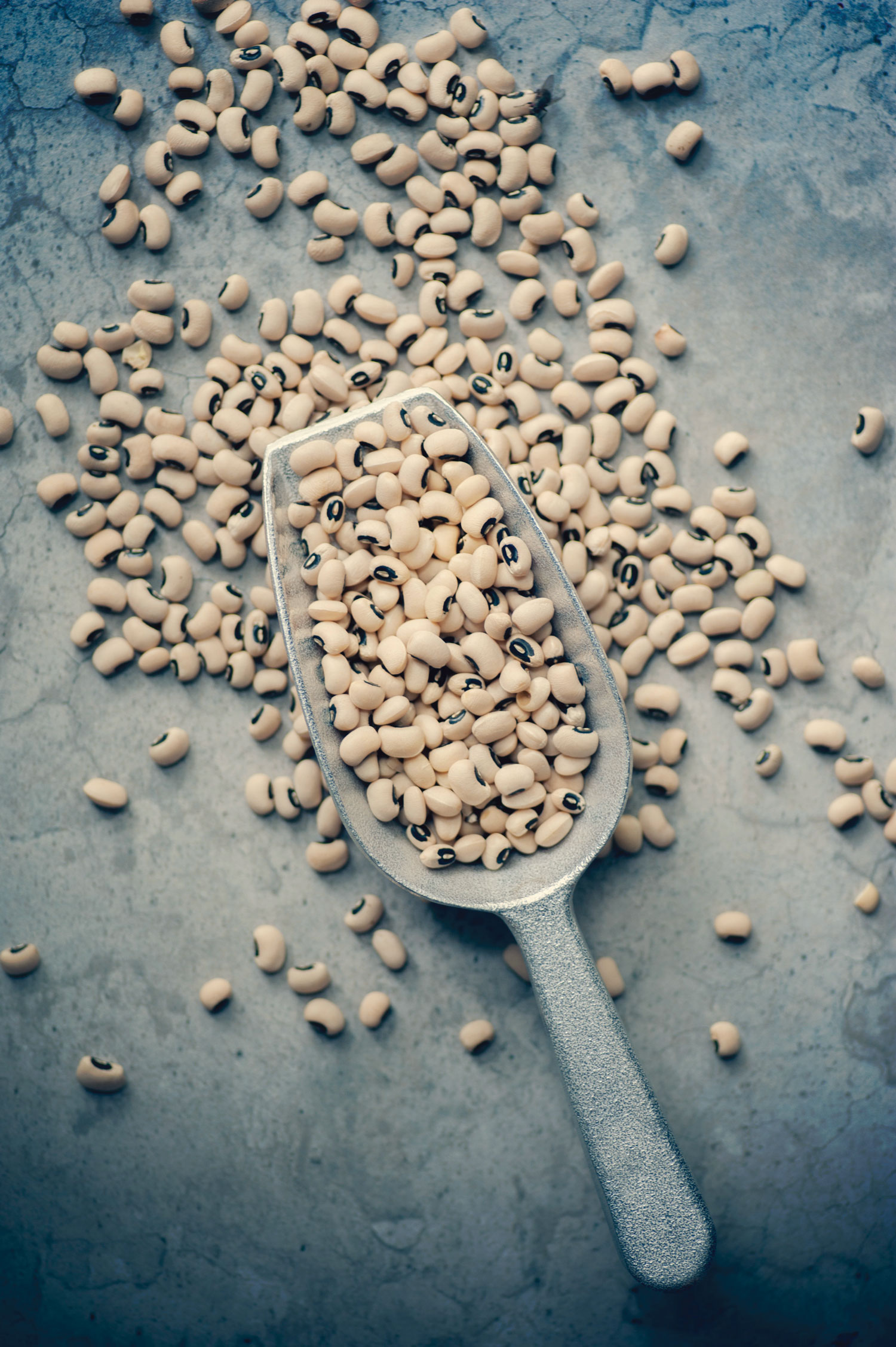
“You can’t wink your eye without nutrients being involved, never mind think, remember, learn, or sleep.” So says brain expert Aileen Burford-Mason, author of The Healthy Brain: Optimize Brain Power at Any Age. Find out more about how to feed your body’s command and control centre.
When people embark on the path to healthy eating, they’re often motivated by a desire to lose weight or to help fend off disease. It’s less common for people to embrace a wholesome diet to boost the well-being of their brain.
This is something that puzzles Toronto-based biochemist, immunologist, and cell biologist Aileen Burford-Mason. An expert in orthomolecular nutrition, she says the brain requires proper nutrition to function optimally. In fact, as the most metabolically active organ of the body, the brain uses nutrients at 10 times the rate of any other tissue or organ in the body.
Our body’s command and control centre
“Over the years, it has really astonished me how many times people have said, ‘Why would the brain need food?’” Burford-Mason says. “You can’t wink your eye without nutrients being involved, never mind think, remember, learn, or sleep. There are nutrients involved in every single function of the body. The purpose to eating is to get all the essential nutrients into us, without which we can’t function.
“Because it has such high needs for nutrition, the brain may be the first to warble when we’re short,” she adds. “It may be the first place to tell us, with anxiety, depression, not being able to sleep. There’s so much evidence now that nutrition is at the root of developing dementia. It’s a huge concern.”
Burford-Mason first became interested in the body’s nutrient needs while studying biochemistry at University College in her native Dublin, Ireland. She went on to complete a PhD in immunology in England. Having emigrated to Canada in 1988, she was formerly an assistant professor in the pathology department at the University of Toronto’s faculty of medicine and director of a cancer research laboratory at Toronto General Hospital. The orthomolecular nutrition consultant is now also the author of The Healthy Brain: Optimize Brain Power at Any Age (Patrick Crean Editions, 2017).
With her book, Burford-Mason wanted to distill complex, scientific information into practical steps people can take to improve the state of their grey matter. Also known as biochemical or functional nutrition, orthomolecular nutrition (which takes its name from the Greek word ortho, meaning correct) uses diet, vitamins, minerals, and other supplements to support the body’s health and healing mechanisms.
What is commonly overlooked by doctors and the public alike, she says, is that, for optimal physiological functioning, the body needs all the nutrients all the time; these compounds all interact with and affect each other.
For instance, it’s well established that people living in Canada are likely to be deficient in vitamin D. However, for the sunshine vitamin to be metabolized, the body needs magnesium.
A well-oiled machine
“It’s like the interactivity of all the components of your car,” Burford-Mason says. “It doesn’t matter whether there’s no gas in the tank or no spark plugs or a wheel is missing; with any of those, you’re going nowhere.
“Even if it’s something small, like a wheel nut missing, eventually something will go wrong; the same thing applies to nutrition. All of the nutrients are needed all the time, and the absence of one, no matter how obscure you might think it is, can compromise the way the others work.
“People have talked about exercise and brain games for brain health; all of this is important, but you can’t keep tweaking spark plugs and making sure there’s air in the tires if you’re forgetting the gas,” she says. “Nutrition has been overlooked.”

Food for thought
Broadly speaking, the best thing people can do to enhance brain health via nutrition is to load up on vegetables, legumes (beans and lentils), and fruit. These foods are abundant in vitamins, minerals, fibre, and phytochemicals, which are plant-based chemicals that help reduce the risk of infections and many conditions, including cancer and heart disease. “Phytochemicals can build up in the brain and protect it from damage,” she says.
You can’t have too many vegetables, legumes, and fruit, though Burford-Mason encourages variety and cautions that people who are diabetic or trying to lose weight will want to limit their intake of fruit and starchy vegetables.
Avoid sugar. “If there is one thing that is damaging to the brain and should be left out of a diet, that is sugar,” she says. “Sugar is the new smoking. We have absolutely everything to be gained from cutting back on sugar or cutting it out. The sugar we get should come from vegetables and fruit.”
Rules for brain-healthy eating
- Choose unprocessed foods.
- Eat nutrient-dense foods such as eggs, fruits, vegetables, nuts, and seeds.
- Lighten the glycemic load. Limit yourself to one serving of starchy food per day, such as bread, potatoes, rice, and pasta.
- Eat good fats, such as avocado, seafood, nuts (especially walnuts and almonds), and olive and coconut oils.
- Have protein at each meal. Sources include chicken, turkey, tuna, shrimp, cottage cheese, Greek yogurt, eggs, lentils, and tofu.
Tips for picking a multivitamin
If you take nothing else on a daily basis, a multivitamin should be your first choice. “They’re the core of the nutrient regimen, because it’s a little bit of everything,” says Aileen Burford-Mason. “You’re plugging gaps. They’re a jumping-off point, not a total solution.”
- Choose a type tailored to your gender and age group.
- Look for the widest spectrum of trace minerals; molybdenum is a good indicator of completeness.
- Select a multi with at least 25 mg of most of the B vitamins and 400 mcg of folic acid. An imbalance of these two (too much folic acid, not enough Bs) has been linked with memory problems in the elderly.
- You may need to supplement magnesium and vitamin C, as their levels will likely be low in a multi.
Must-have supplements
- vitamins C, D, E, and K
- omega-3 fats (fish oil)
- magnesium
- vitamin B12
The brain’s need for B vitamins likely exceeds the recommended daily intakes, especially if you exercise vigorously or work your brain hard. Although multis contain ample folic acid, it’s rare to find one that has sufficient B12. Low levels of B12 are linked to age-related cognitive decline, and prolonged B12 deficiency has similar symptoms as vascular dementia.
Additional supplements to consider
- L-tyrosine, for stress, anxiety, and memory improvement (recommended for adults only)
- L-theanine, for stress, anxiety, “busy brain syndrome,” insomnia, and attention deficit hyperactivity disorder (ADHD)
- melatonin, for insomnia



































